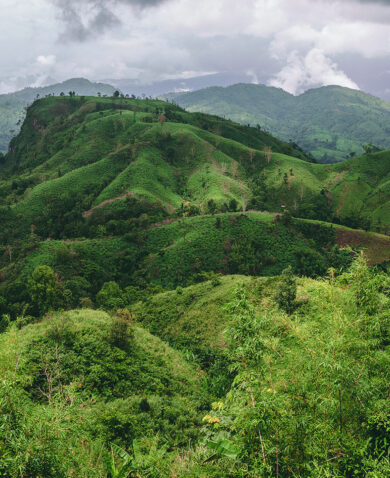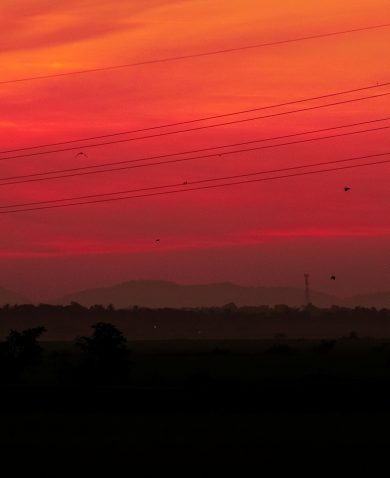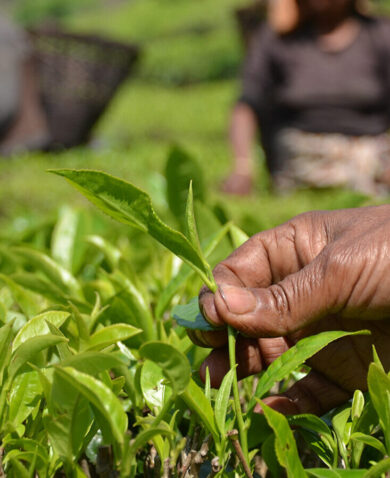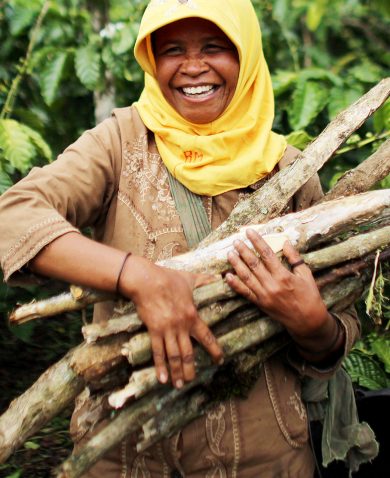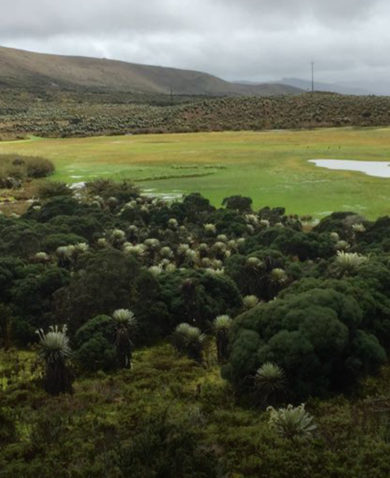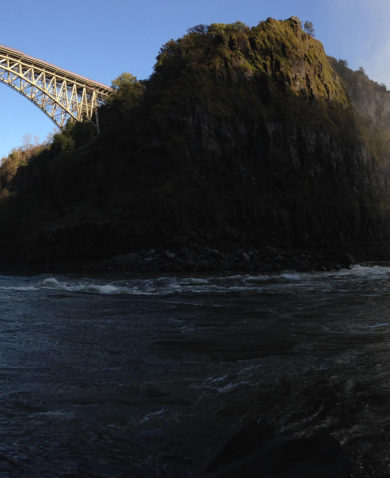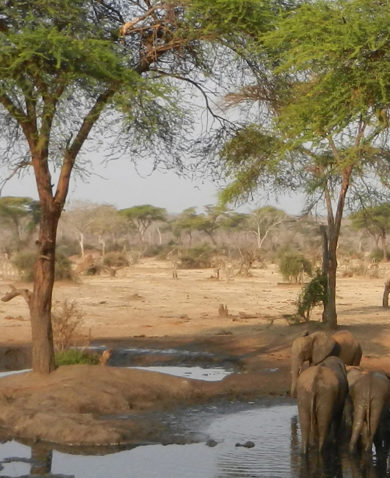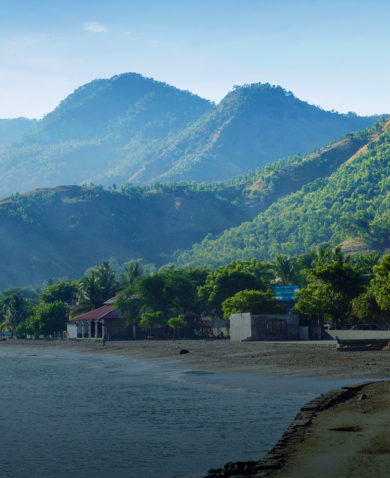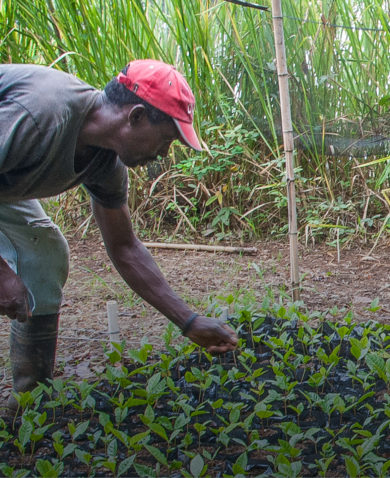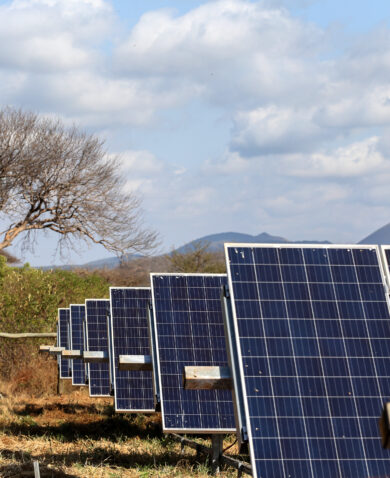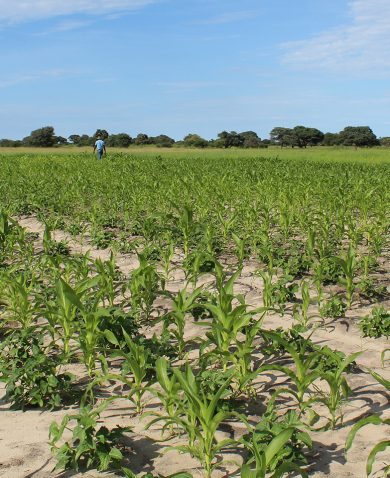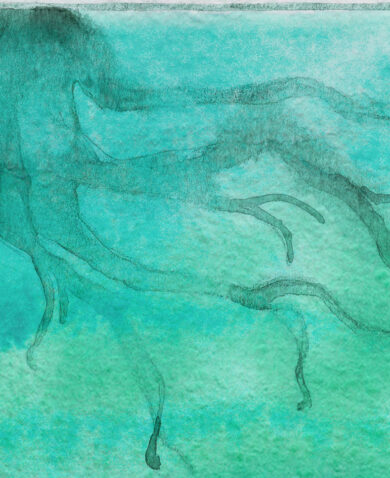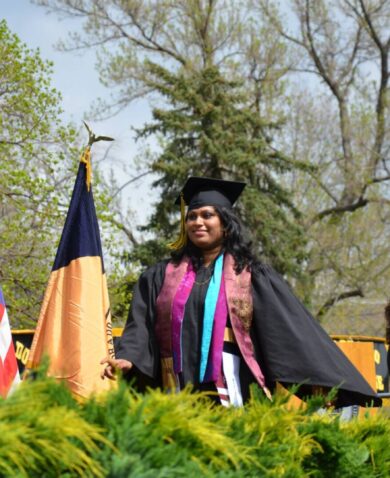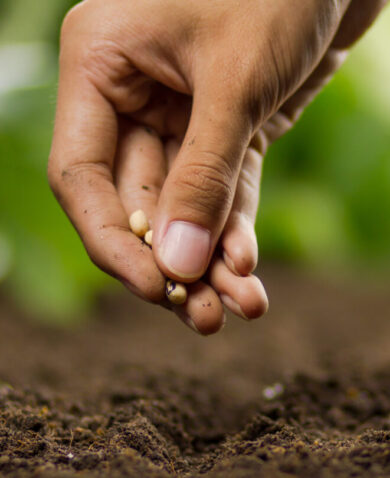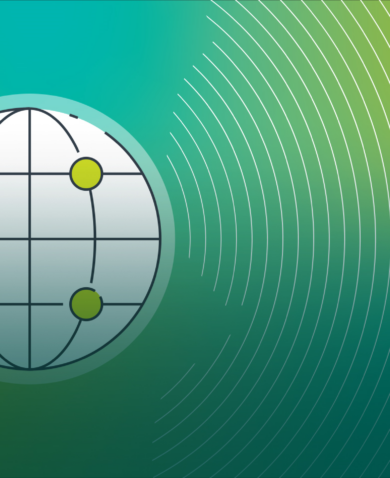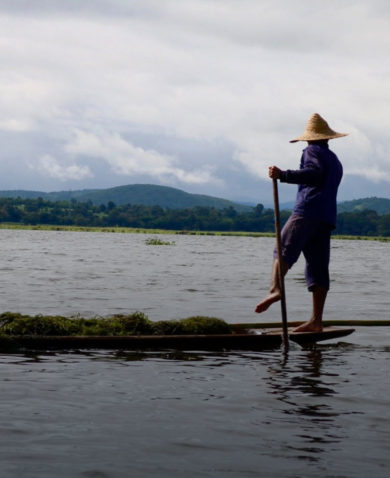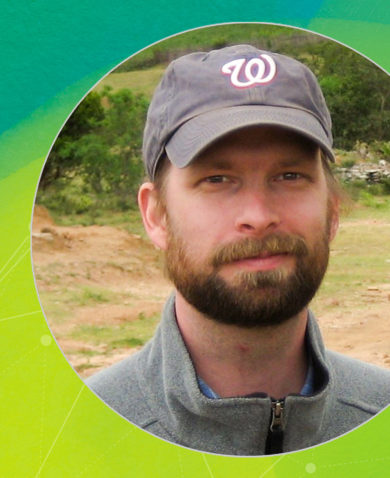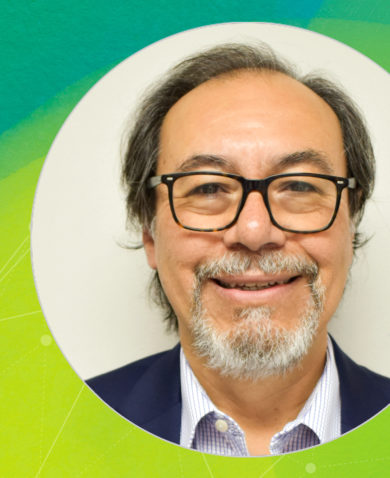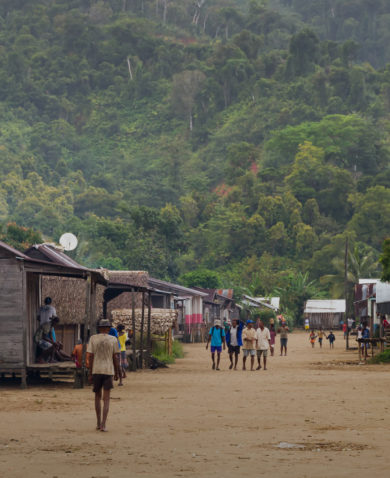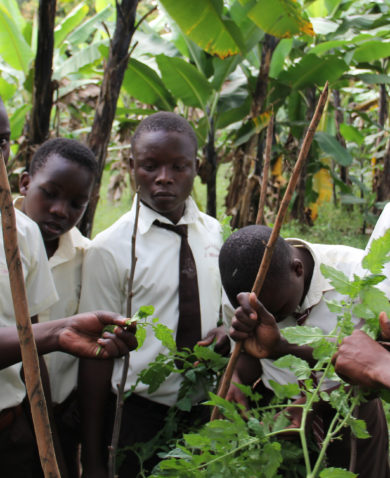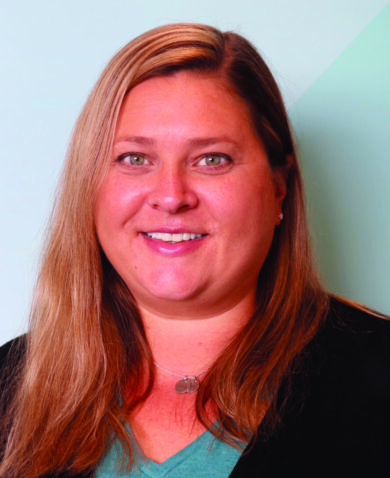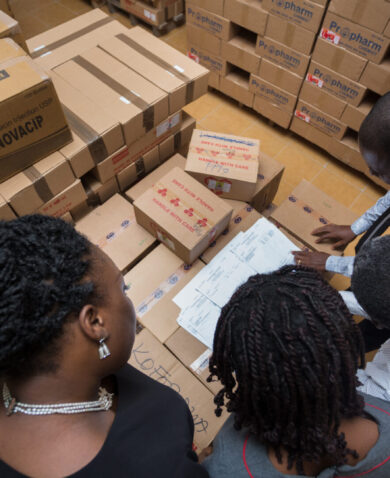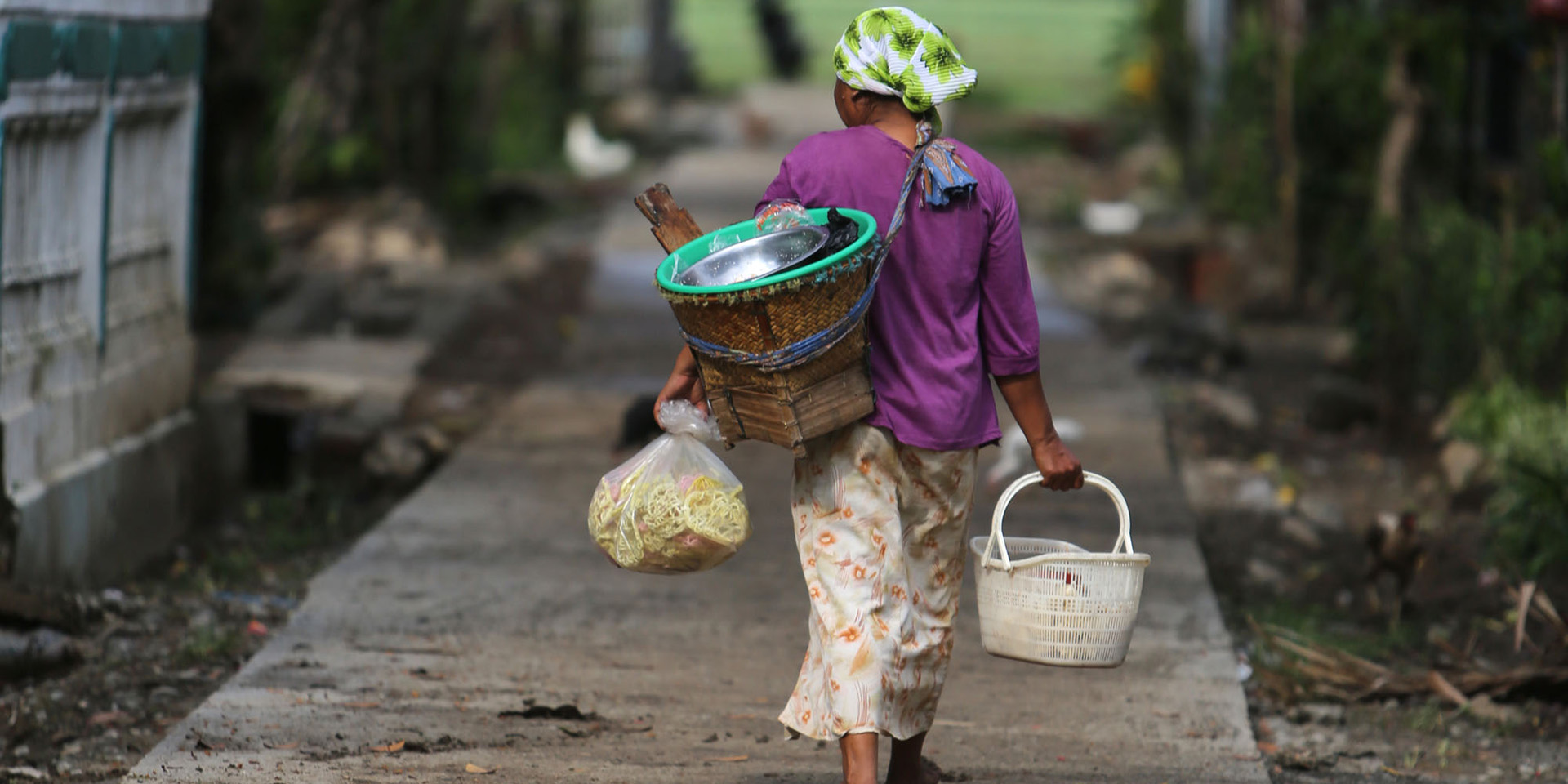
3 Questions with Nila Wardani: Natural Resource Management Needs to Be Socially Inclusive, Too.
May 9, 2017 | 2 Minute ReadWhy does an Indonesian environmental policy project include a focus on gender? Nila Wardani explains the importance of inclusion.
Why is social inclusion important for the development of Indonesia?
Indonesia is a big country with some of the greatest diversity in the world. Government development programs have made significant progress on several parameters, such as human development as well as gender development indexes. Women and girls have better access to education, health facilities, and other basic needs than before. The government has political will for mainstreaming gender into the development process in all sectors, for example by establishing a Ministry of Women’s Empowerment and Child Protection and developing task forces on gender mainstreaming in each ministry. The government also supports the National Women’s Rights Commission.
Moreover, civil society organizations have taken a strong position on advocating for fairer policies. Gender-focused organizations have been working in various sectors and with various groups toward economic, social, and political empowerment for women, and to challenge gender bias structurally and culturally.
However, development can also unintentionally create other problems of inequality. A development strategy that treats Indonesia as a homogeneous entity will lead to disadvantages for vulnerable and less visible groups, especially women. Social inclusion is important for Indonesian development to ensure that all groups and communities, including women and men, have equal access to and control over development resources, equal opportunity to participate in the decision-making process, and can benefit equally from development programs. Social inclusion is about providing more options for marginalized groups for their well-being.
What is an innovative approach that you or your project have taken to include marginalized groups in Indonesia’s development?
Our project supports the development of sound policies for natural resource management and governance, which has an impact on people’s livelihoods. Because of this, it’s important that these policies are inclusive.
We work with many stakeholders, including policymakers, private sector actors, wider communities, including civil society organization coalitions. We facilitate series of policy dialogues on sustainable natural resource management, such as dialogues on the Law of Conservation, which recognizes the vital role of indigenous communities in managing natural resources; the Ministerial Decree on Social Forestry, which includes strong consideration of the rights of local people including women; and strengthening commitment to more sustainable oil palm production by establishing the parameters of decent work, especially for women.
What are the biggest challenges you have encountered while pushing for inclusive development? What lessons have you learned?
Our initial study found that gender in natural resource management is quite a new issue in Indonesia. Although there are several studies on the issue, it has yet to come into mainstream discourse. True gender-sensitive policy development requires going beyond the text of bills: Using available, accurate data and analysis on gender and social inclusion can guide policy development and help to ensure that all groups will benefit from such polices. Gender-sensitive policy development should involve using targeted analytical tools during the planning stage, following deliberate implementation guidelines, and carefully monitoring outcomes using sex-disaggregated data.
Aside from the content, gender-sensitive policy is just like any other policy — it requires advocacy and engagement from many stakeholders in order to be successful. We learned that working from the inside, with policymakers, and from outside, with strong civil society coalitions and wider communities, will make it more possible to address social inclusion.









